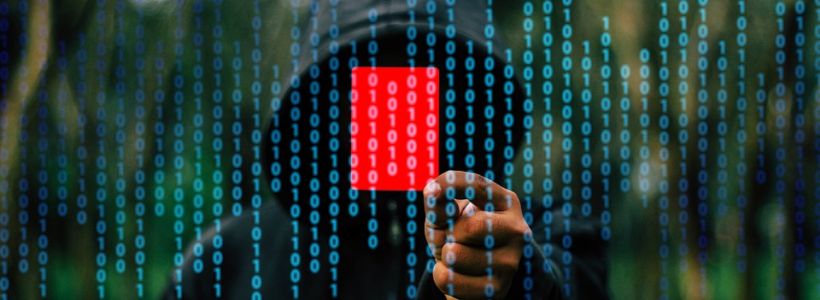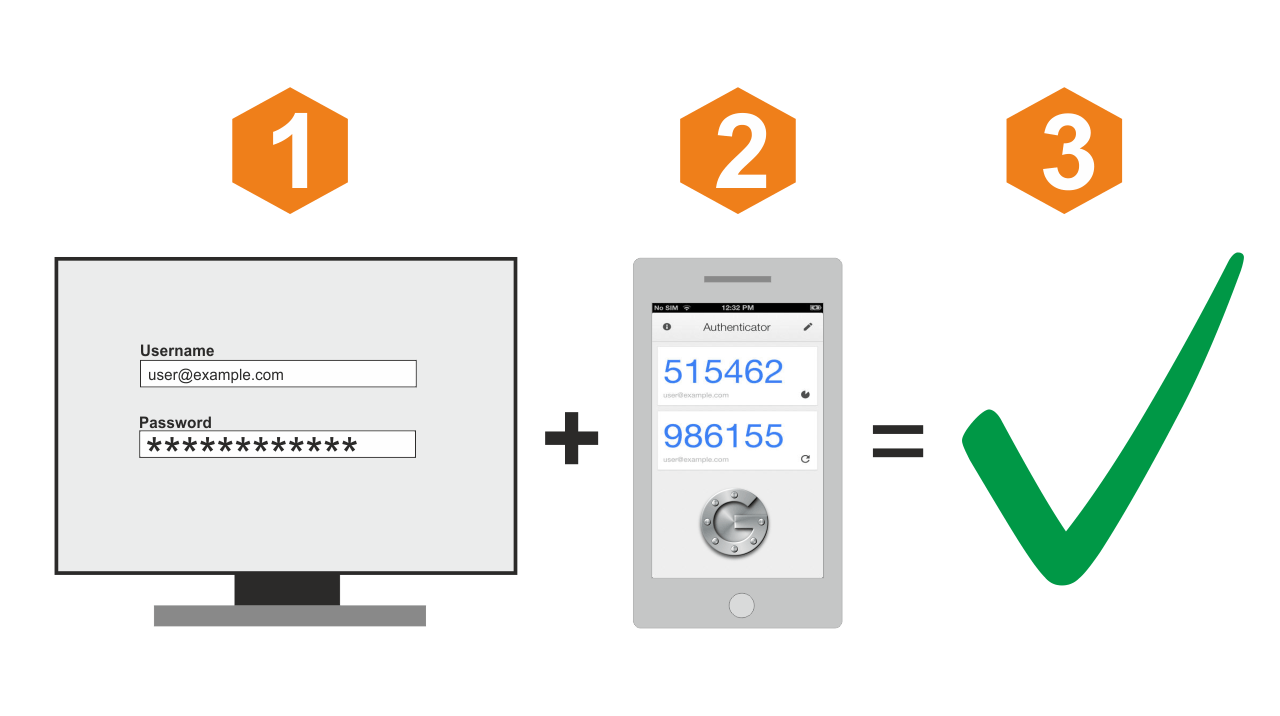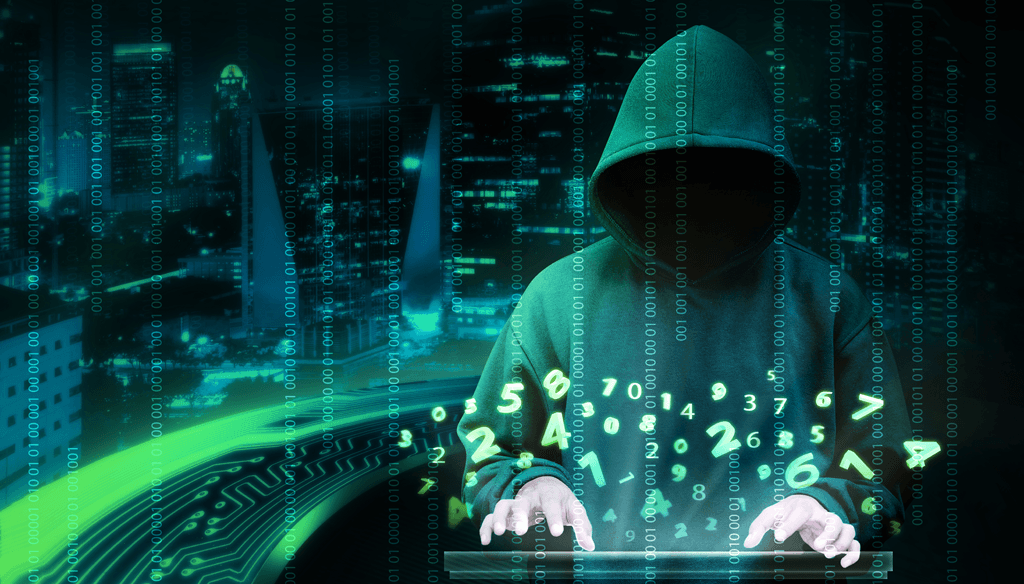
Computer security is something that everyone should be concerned with and this is doubly true for poker players. We usually have a lot more to lose than the average bread eater in the case of a successful cyber attack.
Despite that, many players do very little to prevent their PC's from being compromised and it turns out that you don't really have to do that much to place yourself on the right side of the bell curve as far as computer security is concerned. The set of tools and best practices presented below should significantly decrease the chance of you falling victim to one of the more common cyber attacks.
Passwords and Two Step Authentication
First of all, you should ensure that your passwords are hard to crack. There's no point in taking any sophisticated steps to boost your security if your main email password is the birthday of your significant other. A good password should consist of 10+ alphanumeric characters and you should use separate passwords for every account.
Now, this might be hard to do in today's world where every minor site asks you to create an account, but make sure to at least use the different passwords for the most important accounts like your email, bank accounts, and poker sites. Enable two-step authentication wherever possible, some email providers and banks offer that feature and it's a great additional layer of protection that should foil the attempts of most amateur hackers.

Antivirus and Firewall Software
Even though antivirus software is far less relevant to your computer security than it used to be it's still a great tool to have in your arsenal. If you're using Windows, the built-in solution called Windows Defender really came a long way in the recent years and unless you want to pony up for something more professional there's really no need to look elsewhere.
Just remember to enable to real time protection and you're good to go. You might want to supplement your antivirus with anti-malware software like the one offered by Malwarebytes.org. The free version doesn't offer the real-time protection but you can still use it to periodically scan your PC for malicious software.
Useful Browser Extensions
Speaking of useful software, you can also boost your internet security (and overall quality of life) by installing a few browser extensions. The most powerful one would be LastPass. Remember how we talked about the fact that it's hard to keep track of all of the passwords if you really want to use a different one for a different account? LastPass takes care of that problem for you by creating and encrypting passwords for every site that you're using. You only ever need to concern yourself with one password, the one that you're using to access LastPass and the rest is handled for you.
Ad Blockeris not only going to make your internet browsing experience better by removing the pesky and annoying ads, it can also block malicious pop-up windows and contribute to your overall internet security because of that.
Phishing Attacks
The most common way for the hackers to obtain your security information is via the phishing attack. Take a look at your email's spam folder (just don't click any links!). It's most likely chock-full of businesses, Nigerian princes and beautiful women willing to offer you anything for your personal information. Phishing attacks can be more sophisticated than that.
Hackers can make their emails resemble the ones that you'd get from your bank so always make sure that the email looks legitimate when it asks you to click on a link. Check the exact email address and compare it with the one in previous emails, when in doubt contact the appropriate institution. Most of the phishing attacks are fairly easy to identify but if the attacker knows your identity he can send you a personalized message (which is commonly called spear phishing) which is considerably harder to avoid.

Keep in mind that the steps highlighted above are fairly rudimentary. Like we've already discussed above it really doesn't take much to make your computer more secure than that of an average person. LastPass, two-step verification, and a bit of common sense when dealing with links in emails or chat messages are enough to prevent the most common attacks.
However, this doesn't really mean that you'll suddenly become immune to attacks, especially targeted ones so if you're a high roller with thousands of bucks in your poker accounts consider spending a day or two educating yourself about the things like VPN's, local file encryption, data backups, closing ports and your overall home network security, virtual machines etc. etc. As it's often true in life, it's better to be safe than sorry.

